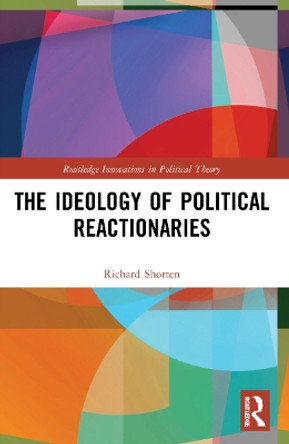In Modernist Writing and Reactionary Politics, Charles Ferrall argues that the politics of Yeats, Pound, Eliot, Lawrence, and Wyndham Lewis were a response to the separation of art from an increasingly industrialised society. Fascism became attractive to these writers because it promised to reintegrate art into society while simultaneously guaranteeing its autonomy. Yet with the exception of Pound and Yeats, these writers all finally rejected fascism, preferring instead to see the aesthetic as a sphere in permanent opposition to liberal democracy, rather than the basis for a new social order. Individual chapters focus on Yeats and decolonisation, Pound and 'the Jews', Eliot and the uncanny, and Lawrence and homosexuality, and Lewis and the Cartesian primitive. Ferrall's account of why some of the greatest writers of the early twentieth century became involved in reactionary politics offers insights into the relation between modernist aesthetics, technology and avant-gardism.
Ferrall offers insights into the relation between modernist aesthetics, technology and politics.About the AuthorCharles Ferrall is Lecturer in the School of English, Film and Theatre at Victoria University of Wellington. His articles have been published in Yearbook of Research in English and American Literature, University of Toronto Quarterly, English Studies in Canada, and Modern Fiction Studies.
Reviews"This is a carefully researched, thoughtful exposition of the views of five influential modernists." Modernism/Modernity 11/01
Book InformationISBN 9780521793452
Author Charles FerrallFormat Hardback
Page Count 212
Imprint Cambridge University PressPublisher Cambridge University Press
Weight(grams) 480g
Dimensions(mm) 237mm * 161mm * 19mm






